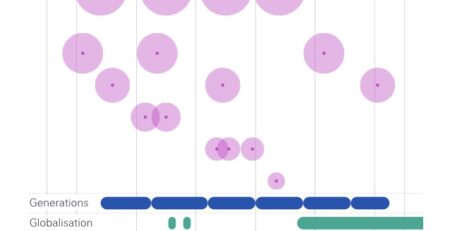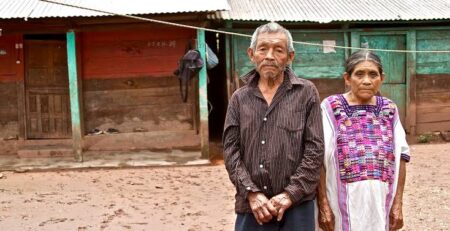Immigration and Redistribution
By Alberto Alesina, Armando Miano, Stefanie Stantcheva
We design and conduct large-scale surveys and experiments in six countries to investigate how natives’ perceptions of immigrants influence their preferences for redistribution. We find strikingly large biases in natives’ perceptions of the number and characteristics of immigrants: in all countries, respondents greatly overestimate the total number of immigrants, think immigrants are culturally and religiously more distant from them, and are economically weaker – less educated, more unemployed, poorer, and more reliant on government transfers – than is the case. While all respondents have misperceptions, those with the largest ones are systematically the right-wing, the non-college educated, and the low-skilled working in immigration-intensive sectors. Support for redistribution is strongly correlated with the perceived composition of immigrants – their origin and economic contribution – rather than with the perceived share of immigrants per se. Given the very negative baseline views that respondents have of immigrants, simply making them think about immigration in a randomized manner makes them support less redistribution, including actual donations to charities. We also experimentally show respondents information about the true i) number, ii) origin, and iii) “hard work” of immigrants in their country. On its own, information on the “hard work” of immigrants generates more support for redistribution. However, if people are also prompted to think in detail about immigrants’ characteristics, then none of these favorable information treatments manages to counteract their negative priors that generate lower support for redistribution.
Source: NBER










